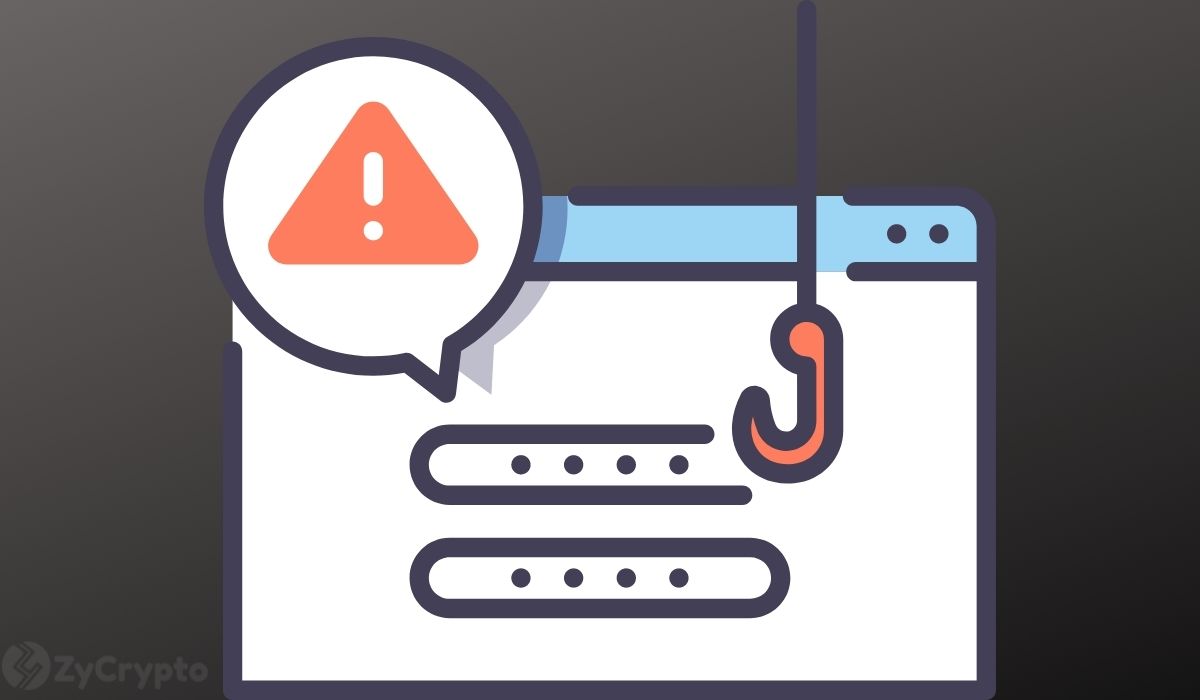- Jay Chou has lost over $500k in NFTs to scammers.
- One of the stolen NFTs has already been put on sale on LooksRare.
- @zachxbt believes the artist was a victim of a verified Twitter scam.
In an Instagram post today, renowned Taiwanese singer Jay Chou lamented the loss of his NFTs to scammers. It is estimated that the artist lost over $500,000 in value to the fraudsters.
$550k Lost By Chou To Verified Twitter Scam
NFTs have taken the crypto world by storm and have become the new rage and a symbol of status in the crypto world. However, this lucrative new ecosystem has attracted several bad actors enticed by the staggering value of some of these jpegs. Some tactics employed to rob people of their holdings include rug pulls, discord hacks, and phishing scams.
Phishing scams, in particular, have been around for a long time in cybercrime, where fraudsters send messages to obtain personal information from people, including private keys in the crypto space. Today, Jay Chou, a famous Taiwanese singer, revealed that he had fallen victim to one of these scams.
Chou, in his post, said at the time that he felt someone was playing an April fool prank on him. However, the artist would realize that he no longer possessed his prized NFTs. The information available reveals that the fraudsters made off with one BAYC NFT, which had been given to him by well-known Taiwanese musician Jeffrey Hwang (aka Machi Big Brother). Chou also lost two Doodles NFTs and one MAYC.
On-Chain investigator @zachxbt on Twitter revealed that the value of the NFTs was around 169 ETH or $550k. Colin Wu reports that the fraudsters had already put the stolen BAYC, BAYC #3738, up for sale on NFT marketplace LooksRare. @zachxbt, in a series of tweets, believes that Chou is a victim of the rising verified Twitter BAYC scam.
In recent times, scammers have been able to purchase verified Twitter accounts, modify them to resemble those of high-ranking members of Yuga Labs, and trick people into clicking malicious links promising airdrops. @zachxbt gave his reasons for this belief in a tweet that read, “I say verified twitter phishing scam bc that’s where it originated. The scammers most likely replicated this on another platform (have seen it on Instagram). The scammers address links back to other addresses Etherscan has marked as phishing.”
Verified Twitter Scams Are Becoming More Common
If you are a member of the Twitter crypto community, there is a high chance that you have been tagged in one of these scams. The scammers use verified Twitter accounts to launch fraudulent NFT giveaway and airdrop campaigns, tagging multiple people under the post using bots.
Notably, after the launch of ApeCoin by Yuga labs, scammers used this technique to obtain over $1 million in cryptocurrencies from unsuspecting victims. @zachxbt reveals that users who linked their Ethereum addresses to the phishing website created by these fraudsters lost NFTs and Ethereum.
@zachxbt warns users to always do background checks on websites that ask them to link their Ethereum address. Currently, these types of scams show no signs of slowing down as scammers keep purchasing new accounts and creating new phishing websites.







